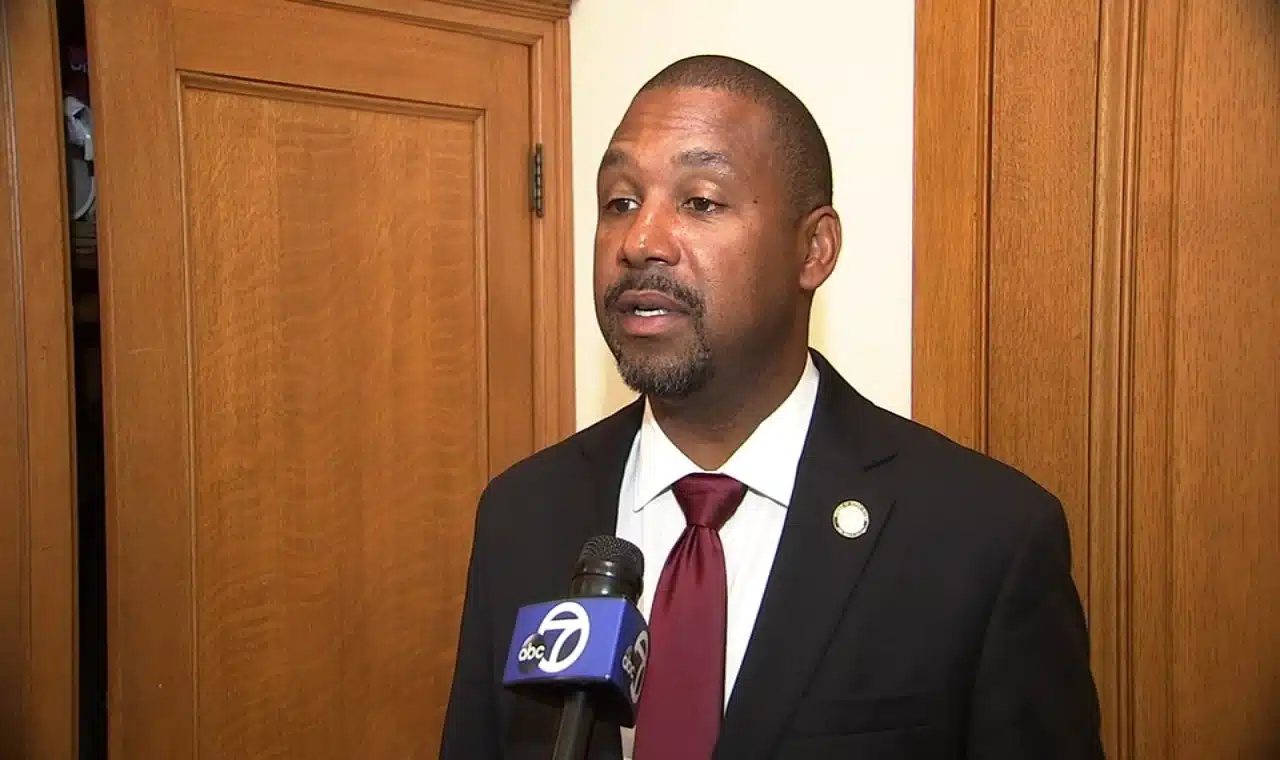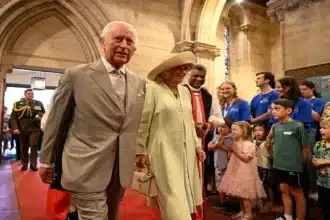San Francisco’s Board of Supervisors took a significant step towards addressing historical injustices against African Americans by issuing a formal apology for the city’s role in systemic racism and discrimination. The unanimous vote on Tuesday saw all 11 board members endorsing the resolution, marking a pivotal moment in the city’s efforts to acknowledge and rectify its past wrongs.
The resolution, introduced by Supervisor Shamann Walton, the only Black member of the board, extends a heartfelt apology to the African American community and their descendants for decades of targeted violence, discrimination, and various atrocities. It also signifies the city’s commitment to making amends for past policies and actions that have contributed to racial disparities. “This historic resolution apologizes on behalf of San Francisco to the African American community and their descendants,” Walton stated, emphasizing the need for rectification and redress.
Also Read- IRS Launches Free Direct File Software in 12 States for Simplified Tax Returns
San Francisco now joins Boston and nine other states in formally apologizing for slavery, signaling a growing recognition of the need for reparations at both city and state levels across the United States. Walton highlighted that this apology, while significant, represents just the beginning of a comprehensive reparations strategy for Black residents, acknowledging that there is much more work to be done.
Among over 100 proposals recommended by the city’s African American Reparations Advisory Committee, this apology stands as the first to be officially adopted. Other suggestions from the committee include substantial financial reparations, such as a $5 million lump-sum payment to every eligible Black adult and a guaranteed income of nearly $100,000 a year, aiming to address San Francisco’s profound racial wealth gap. However, these financial proposals have yet to be acted upon.
The resolution’s passage also coincided with critiques from some supervisors regarding upcoming public safety measures in the city, which they argue could adversely affect Black residents. Supervisor Dean Preston, representing the historically Black Fillmore neighborhood — which suffered from significant displacement due to urban renewal policies — criticized some city leaders for supporting housing developments and public policies that do not serve the interests of the Black community. He called for not only an apology but a commitment to preventing future harms.
San Francisco Mayor London Breed, who has expressed a belief that reparations should be managed at the national level, faces criticism for her administration’s decision to cut funding for a proposed reparations office amidst a budget crisis. The resolution details various discriminatory practices, such as property redlining and the destruction of the Fillmore neighborhood, which have hindered Black residents’ ability to accumulate generational wealth.
Also Read- Supreme Court Reviews Trump Administration’s Ban on Bump Stocks
With Black individuals constituting a disproportionate share of San Francisco’s homeless population, the call for reparations extends beyond apologies to include tangible measures to improve education, employment, and housing opportunities for the Black community. Cheryl Thornton, a city employee, underscored the importance of reparations in addressing health disparities among African Americans, highlighting the need for better access to nutritious food, medical care, and quality education.
As San Francisco takes this initial step towards reparations, the resolution serves as a reminder of the ongoing struggle for racial justice and equity, with advocates urging the city to expedite the implementation of the reparations committee’s recommendations. The formal apology, while a significant acknowledgment of past injustices, is just the beginning of a long journey towards healing and restitution for the African American community in San Francisco.




